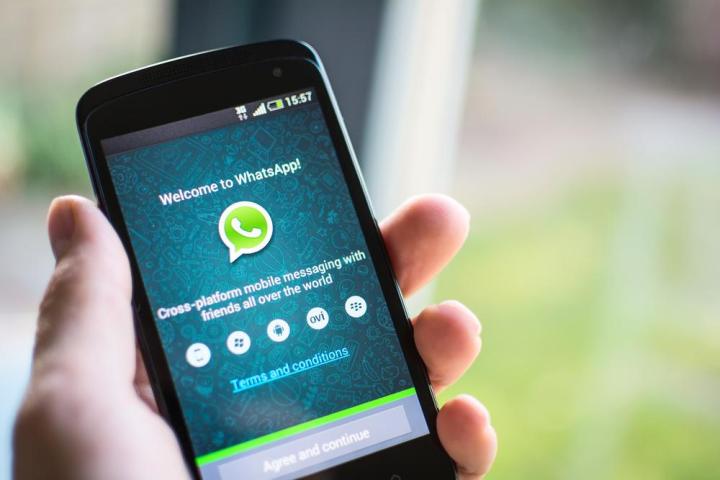
When you click the button, in comes a rush of satisfaction. You’ve gained newfound free space, of course, but more importantly, an unwanted piece of your digital footprint is gone, without a trail of breadcrumbs to so much as suggest at its previous existence. Nothing nebulous. It’s clear cut. Gone, and gone forever.
But what happens when it isn’t so straightforward?
Digital forensics and security expert Jonathan Zdziarski published research findings this week on his blog that suggest the more than 1 billion active users of WhatsApp might not actually be deleting their data when they tap the “clear all chats” button.
While encryption and privacy has been a major selling point for the popular messaging app, Zdziarski’s findings show the latest version of the app “leaves forensic trace of your chats, even after you’ve deleted, cleared, or archived them … even if you ‘Clear All Chats.’ In fact, the only way to get rid of them appears to be to delete the app entirely,” he writes.
Zdziarski made it clear that while the service itself deletes the record and doesn’t appear to be intentionally keeping user chat data on its servers, “the record itself is not being purged or erased from the database, leaving a forensic artifact that can be recovered and reconstructed back into its original form.”
So, what does it all mean for users? First, there’s no need to panic, Zdziarski says — it’s more important for people using WhatsApp to be aware of their digital footprint. He doesn’t suggest the app has some internal vulnerability making it easier for hackers to hijack your information.
However, it does mean that after issuing a warrant with Apple, law enforcement could potentially obtain your deleted chat logs.
It also means people with physical access to your device could create a backup with the encrypted data, and people with physical access to your computer could “copy this data from an existing, unencrypted backup, or potentially decrypt it using password breaking tools, or recover the password from your keychain.”
While WhatsApp has not yet responded to a request for comment, Zdziarski further outlined in the original post how the company could mitigate the issue in future versions of the app.
“Software authors should be sensitive to forensic trace in their coding. The design choices they make when developing a secure messaging app has critical implications for journalists, political dissenters, those in countries that don’t respect free speech, and many others,” he writes. “A poor design choice could quite realistically result in innocent people — sometimes people crucial to liberty — being imprisoned.”
Editors' Recommendations
- Meta’s ChatGPT killer is taking over your favorite apps
- How to know if someone blocked you on WhatsApp
- WhatsApp used to be one of my favorite apps. Now, I can’t stand it
- WhatsApp finally lets you edit sent messages. Here’s how to do it
- What is WhatsApp? How to use the app, tips, tricks, and more


